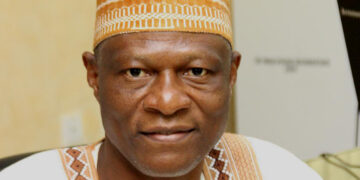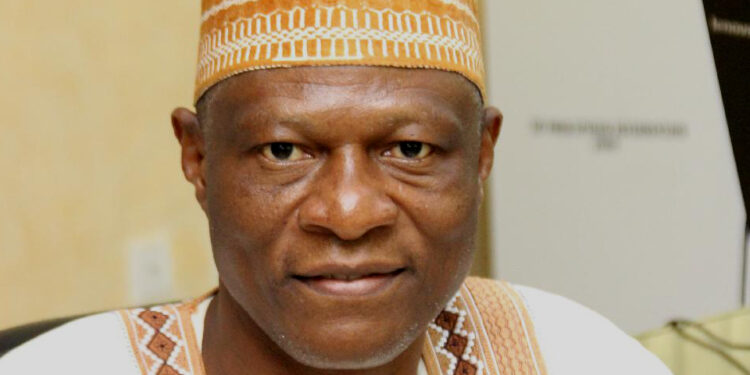University of Abuja (UniAbuja) has entered into agreement with Diabetes Africa, a network of health professionals, which will enable it establish a top-class educational programme on diabetes education which, expectedly, will improve the quality of care offered to diabetes patients across Africa.
The programme will lead to the award of Master’s degree in diabetes education by the UniAbuja, with support from Diabetes Africa in the form of experience, expertise and fundraising.
According to the head, Information and University Relations of the university, Dr. Habib Yakoob, the virtual signing of the Memorandum of Understanding (MoU), which took place simultaneously in the United Kingdom and University of Abuja, Nigeria, over the weekend, was also witnessed online by the Eastern African Diabetes Study group from Kenya.
Vice-Chancellor of UniAbuja, Professor Abdul-Rasheed Na’Allah, while commending the initiative, said the University was going to be a pacesetter in the programme.
The VC added that the University would ensure that the collaboration brings about the strengthening of healthcare services especially with regard to treatment of diabetes in the country.
“I express total support for this collaboration. I hope it is going to be a mark in the training in this area of professionalism, better knowledge management and treatment in Africa,” Na’Allah said at the signing of the memorandum.
In a brief remarks, the chairman of the Eastern African Diabetes Study Group, Professor Silver Bahendeka, said diabetes education cannot be under-rated given the alarming rate of the disease and its complications, adding that it was heartwarming to see that the University has taken the lead in establishing the programme and looking forward to seeing the involvement of other institutions across Africa as Diabetes Africa rolls out the programmes.
On his part, the CEO of Diabetes Africa, Dr. Greg Tracz, lauded the commitment of UniAbuja to the venture, pointing out that COVID-19 had shown the world that the dichotomy between communicable and non-communicable diseases need to be surmounted.
Facilitator of the partnership and Dean of the Faculty of Clinical Sciences, Professor Felicia Anumah, said the burden of the complications of diabetes in Nigeria was quite high because of the poor quality care and the unaffordability of medications and blood glucose monitoring devices by many patients.
Anumah noted that it had been the dream of the College of Health Sciences of the University to make an impact in the area by starting a programme in diabetes.
She added that the programme in diabetes education which would also have international faculties would be run on a dual mode with virtual lectures and then clinicals which will take place in some identified centres across the country.
“I am very grateful to Diabetes Africa for being interested in this and being ready to support us in this venture. It is a day that I feel partly fulfilled; thank you very
much,”, Prof. Anumah stated.

































